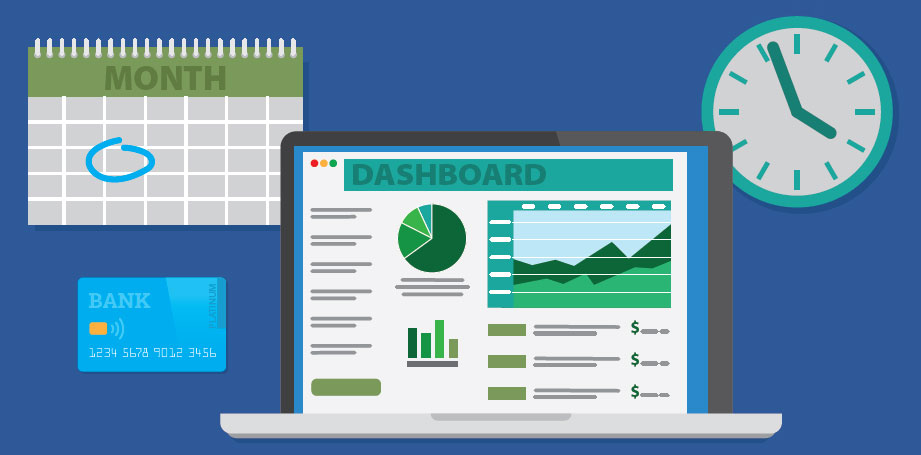
Want to save some time and improve cash flow? If you answer yes, then consider doing what Chase Coates did two years ago. That was when the owner and president of Outback Landscape in Idaho Falls, Idaho, instituted autopay. The move was so successful, he will not accept new customers today unless they participate in the program and have a credit card on file.
Coates, whose 18-year-old company employs 75 people, made the move for a couple of reasons. “I was tired of chasing $40 accounts, and I wanted our design/build and landscape maintenance business, and a newly acquired lawn care company, Lawn Buddies, to ‘catch up with the times’.”
As he noted, nearly all his residential customers use autopay for Netflix, I-tunes, and Amazon. Why not take advantage of it for field services like landscaping and lawn care? In other words, introducing autopay was not just a benefit for his company and its cash flow, it was a benefit for customers, as well.
“We want to simplify their lives and not just by providing landscape management services,” Coates said. “We want that to carry over into how they interact and do business with us.”
HOW IT WORKS
Outback Landscape sends an email invoice to customers every Monday for the work done the previous week and charges their cards on Wednesday. The company uses a software program called Service Auto Pilot to schedule and manage accounts and process payments. If a card is declined, e.g., the expiration date has expired, the program automatically emails customers notifying them their card has been declined while providing a link where they can update their cards. If cards have not be updated within five days, the program automatically sends a follow-up. If it has been paid, the customer is knocked out of the follow-up reminder.
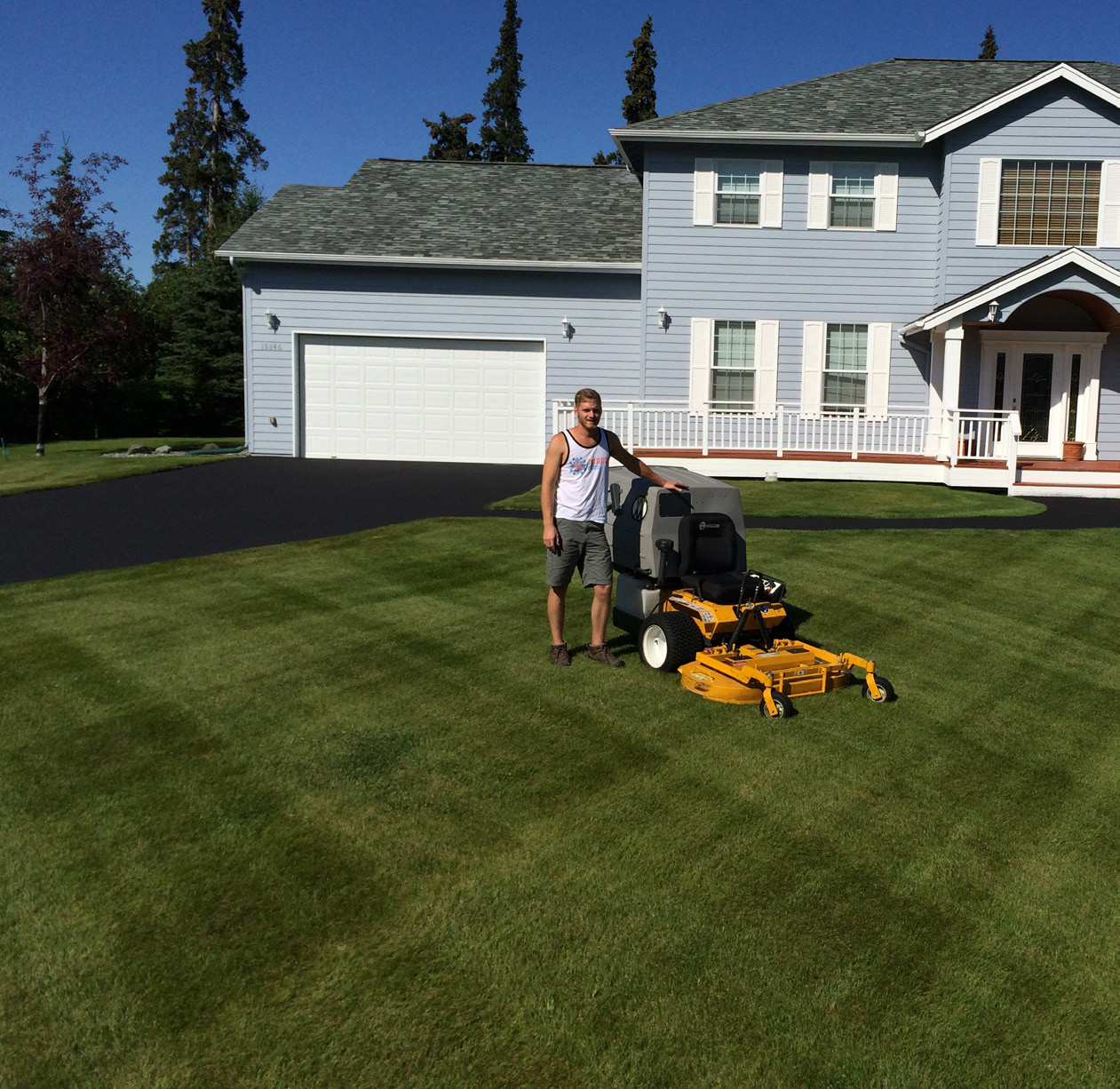
Jordan Webb, owner of Two Seasons Services, used to bill his lawn maintenance customers once a month. Now, with autopay, they are billed at the end of the workday and funds are in the company’s account the following day.
Outback has a mix of commercial and residential customers. While its residential customers are required to take advantage of autopay, commercial clients are not, although several who are on seven-month or 12-month contracts opt in, as well.
“The program is especially attractive to larger full-service customers and commercial clients who want to take advantage of premium credit cards that offer cash back, points and other benefits,” Coates related.
“Instead of billed weekly as homeowners are, commercial customers are billed monthly on a flat rate.”
CHALLENGES
Coates’ biggest challenge using autopay has been getting his office staff comfortable with asking customers for their credit card number.
“It is all in how you present the service to them,” he said. “We assure them asking for their credit card number is not because we don’t trust them or that we think they might not pay their bill in a timely fashion. Instead, we explain that autopay, which is a convenience for them not having to write and mail a check every month, is another way we can help put their life on autopilot.”
Despite their initial concerns, Outback’s staff has received little push back from customers. As for the card service fees, Coates projects what credit card sales will be for the coming year and puts the service fee, which averages close to three percent, directly into the budget as a hard cost to be recovered in overhead. Outback accepts the three major credit cards, American Express, MasterCard, and Visa, including those premium cards with cash back and other benefits.
John DeCausmaker, owner of Little Johns Lawns in Gilbert, AZ, signed on with Service Auto Pilot a year after he launched his company eight years ago. The landscape maintenance company services more than 1,400 customers in and around Gilbert, Chandler, and Mesa. DeCausmaker also owns and operates an overflow answering service for his company and others in the service industry.
Unlike Outback Landscape, Little Johns Lawns’ customer base is comprised almost entirely of residential customers who receive a variety of landscape maintenance services, including mowing, trimming, cleanup, fertilizing and weed control, and irrigation repair.
“Having as many customers as we have, autopay saves us a lot of time, but that’s not what sells them on the program,” DeCausmaker emphasized. “It is a convenience to them.”
“We had growing pains at first, becoming familiar with the program and educating our customers that getting on board would be beneficial to them,” he added. “Once we were up and running, customers asked us why we didn’t start the program earlier.”
BIG PICTURE
When asked if many other contractors in his market take advantage of autopay, DeCausmaker said, “No, not really. Some landscape contractors don’t want to pay the card service fee, but you have to ask them how much is their time worth to track down money, track down customers, and then wait for a check.”
Jordan Webb, owner of Two Seasons Services in Anchorage, Alaska, agreed.
“I know that some landscape contractors don’t want to pay the additional 2.75 to 3.25 percent service fee that cards charge, but using autopay is well worth the cost in time savings and being assured that you will get paid,” Webb said.
Coates, DeCausmaker, and Webb are part of a Service Auto Pilot peer group that meets four to five times a year. Webb started his company in 2008 and purchased the software program four years later. His business, which is all residential, is divided 25 percent lawn maintenance, 25 percent snow removal, and 50 percent building decks.
“Before using autopay, we billed once a month. It was a lot more manual than using Service Auto Pilot; it was slow going,” said Webb. “Now, our lawn maintenance customers are billed daily, at the end of the workday. Funds are in our account the following day. This compares to waiting 30 to 60 days like we used to wait.”
He noted that per push snow removal customers are billed similarly, after the service has been provided. Those on a monthly installment plan are billed monthly. Design-build billing is more manual.
Mowing and maintenance customers are billed 22 times a year, the same for snow removal customers, added Webb. “We basically have two seasons, summer and winter. Hence our company name,” he noted.
Using autopay is part of an ongoing effort by all three company owners to further automate their operations.
At Outback, for example, the company’s autopay software is also synced to its Quick Books, which, said Coates, together with its other features, has virtually eliminated one person in the office.
“You don’t have to own a large company to take advantage of autopay,” he emphasized. “Small and mid-size companies also appreciate how important it is to save time, and every company can benefit from better cash flow.”
Outback’s owner mentioned that startup costs for using Service Auto Pilot’s autopay feature are very reasonable and depend on the number of customers you have and whether or not you want additional features like being able to sync with QuickBooks.
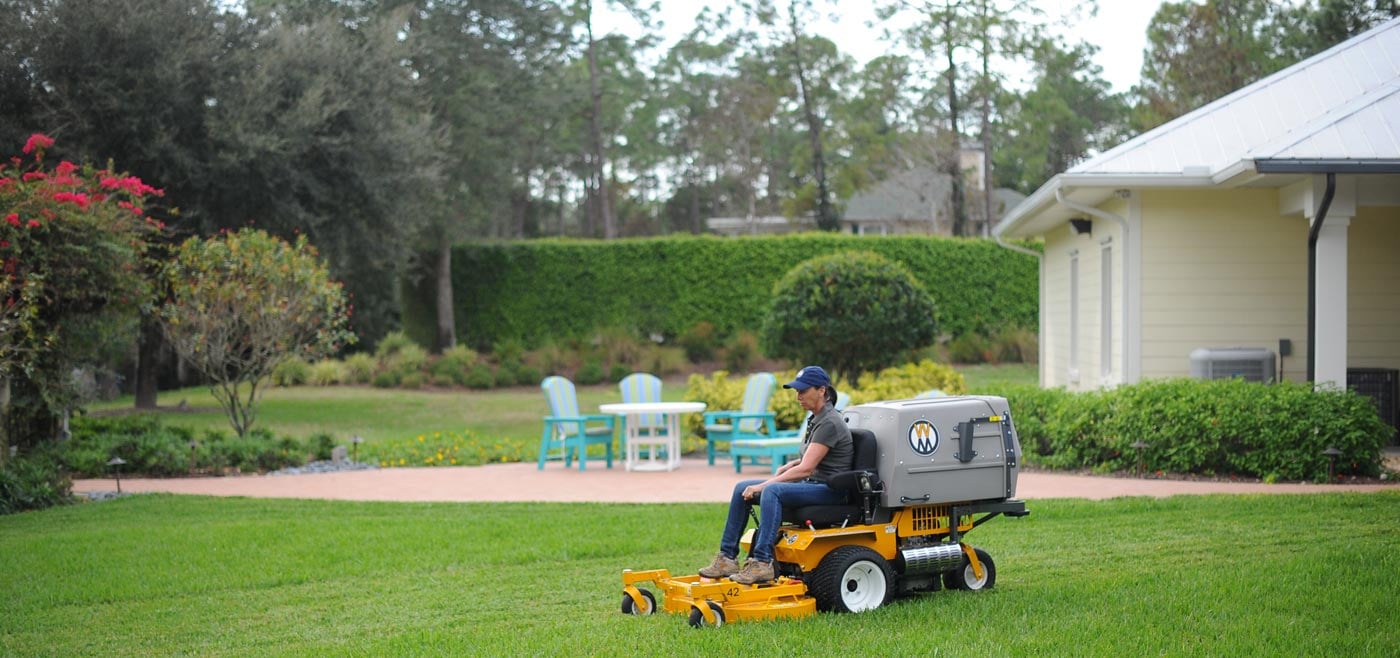

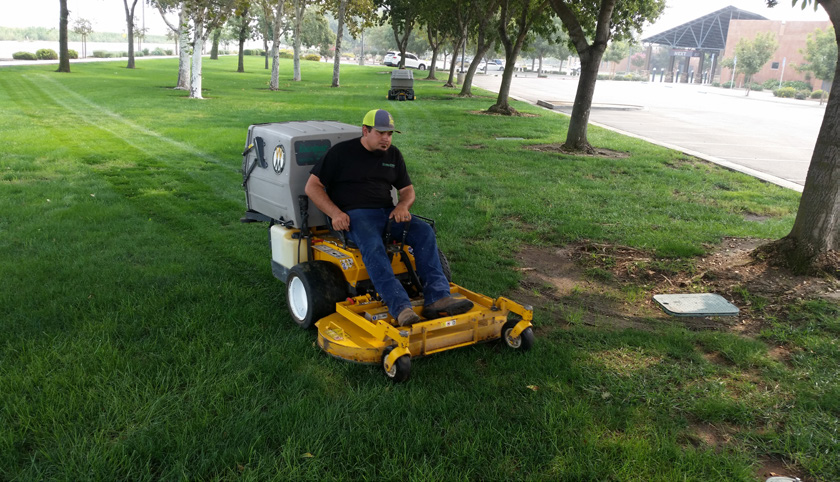

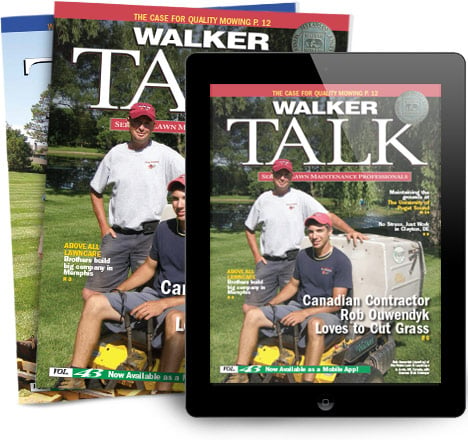
 Site Search
Site Search



